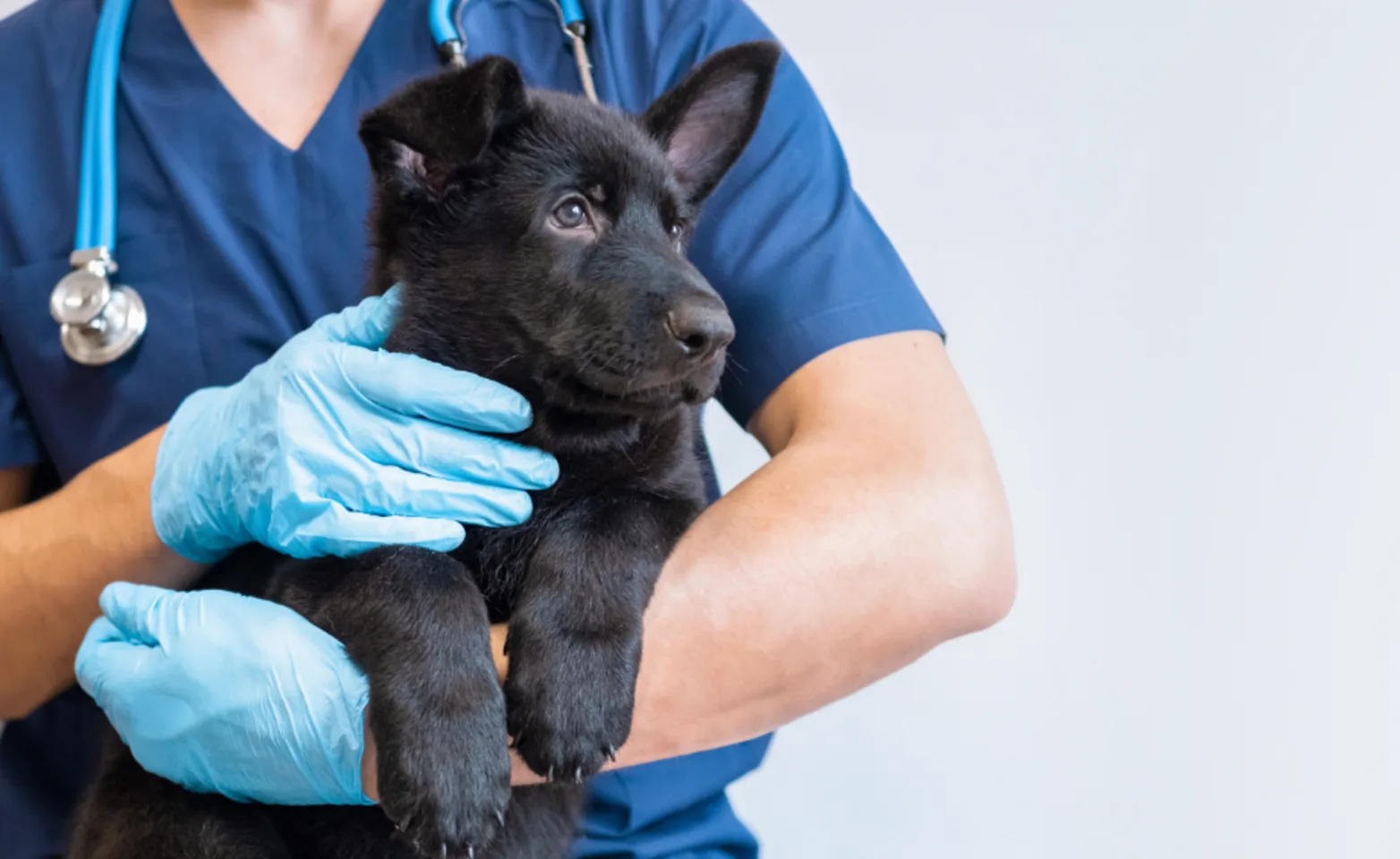Veterinary Emergency Referral Center (VERC)



Our Commitment
With advanced diagnostics, state-of-the-art technology, and a commitment to compassionate care, we are dedicated to improving outcomes and enhancing quality of life for every patient. Whether it's a sudden emergency or an ongoing condition requiring specialty support, trust us to be here when your pet needs us most.

Emergency
We offer emergency care 24/7, 365 days a year.

Advanced Diagnostics
We offer a full range of in-house diagnostic imaging services for pets.
Client Reviews & Testimonials
Veterinary Emergency Referral Center (VERC) have been dedicated to providing our care to the community since 1982, and we strive to treat your pets with the same care and compassion as if they were our own.
